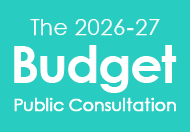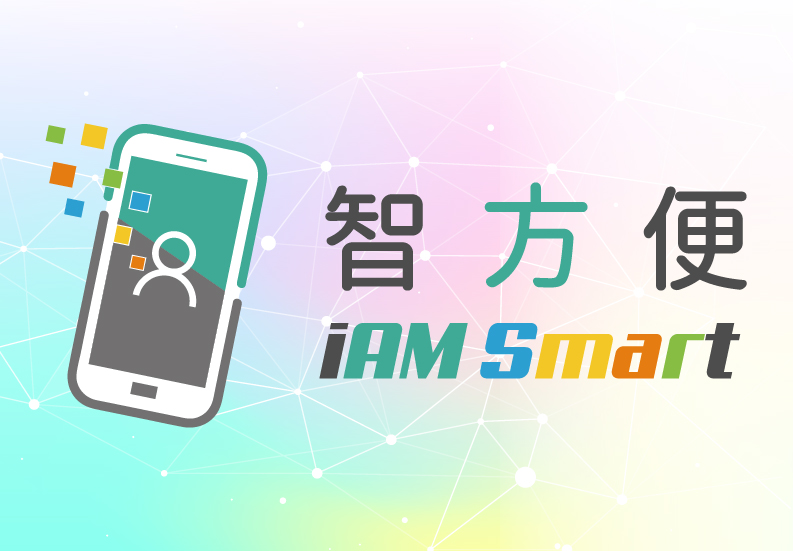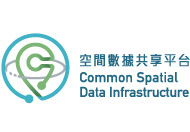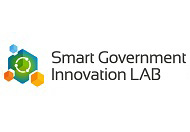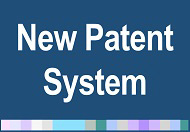Smart Testing of Construction Materials

The Public Works Laboratories (PWL) of the Civil Engineering and Development Department (CEDD) have pioneered the digitalisation and automation of construction materials testing in Hong Kong. By deploying automated testing systems for concrete cube, steel rebar, and soil specimen, PWL has transformed traditional laboratory operations into a model of efficiency, safety, and quality.
Advanced robotics and computerised control manage all stages from specimen registration to testing and result classification, significantly reducing manual work and minimising human error. Artificial intelligence and computer vision ensure testing quality and consistency. AI-driven image analysis classifies fracture modes in concrete cubes, while optical extensometers deliver precise, non-contact strain measurements in steel rebar testing. Additionally, test results are captured into the Laboratory Information Management System (LIMS), where test reports are digitally signed and delivered to project teams.
The automated testing systems have significantly enhanced the construction trade. Key benefits include faster project delivery, leading to reduced turnaround times and enable fast-track schedule for over 600 000 items tested annually.
Quality and reliability have improved due to high repeatability, precision, and traceability in testing, enhancing confidence in material compliance. Processing of test reports by LIMS streamlines the workflow and ensures data integrity and regulatory compliance. Occupational safety has also improved as automation eliminates hazardous manual tasks.
Digital transformation of the testing services is a landmark achievement in the journey toward smart government and Construction 2.0. By leveraging robotics, AI, and digital data management, CEDD has modernised its operations and generated tangible benefits to the construction trade, accelerating project timelines, enhancing quality, improving safety, and supporting sustainable development.
Please click here to learn more about the PWL.
[Acknowledgement to the CEDD for providing material for the story.]
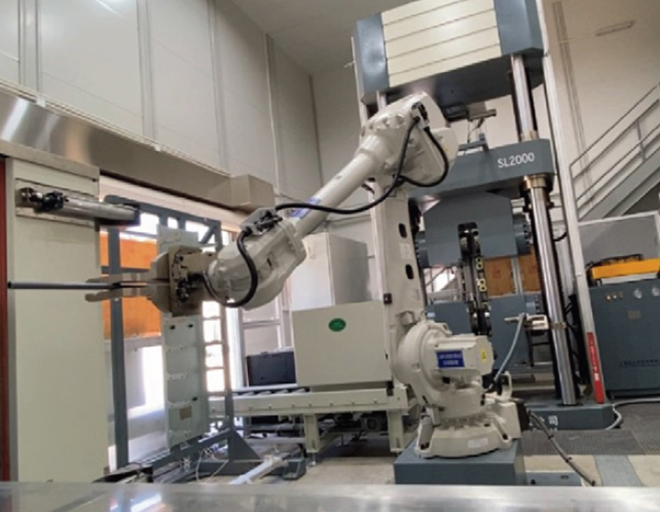
Business facilitation measures under the programme would bring benefits in the following areas
Be the Smart Regulator Programme
Launched in 2007, the “Be the Smart Regulator” Programme aims to improve the efficiency, transparency and business-friendliness of licensing regime, with a view to relieving the compliance costs and administrative burdens of business sectors.
Know More








